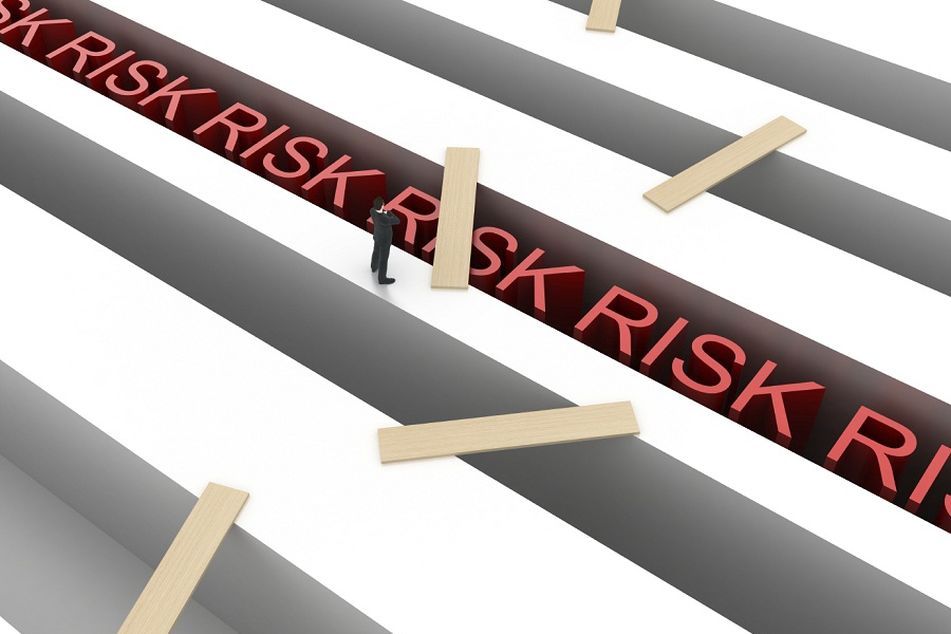How the advisory industry has been preparing for the next 9/11 event

In the two decades since 9/11, the financial industry has been preparing for the next terrorist attack, in whatever form it might take.
In observance of the 20th anniversary of the September 11 terrorist attacks, the InvestmentNews team has written a series of reports looking at how the financial industry has changed in its aftermath and been preparing for the next 9/11 event. Though the specter of something worse continues to be a frightening possibility, rather than pushing 9/11 out of mind or writing it off as an aberration, InvestmentNews contemplates the impact and potential consequences of being unprepared for the next attack from several industry perspectives.
In the first installment, Mark Schoeff Jr. examines the measures government agencies, regulators and industry groups have taken to safeguard financial markets and assets.
For the past 20 years, Americans have commemorated the September 11, 2001, attacks in New York, Washington, D.C., and Pennsylvania on their anniversary, taking a moment to remember the 2,977 lives lost that day. It remains the worst terrorist incident on U.S. soil in the country’s history.
In the two decades since, the financial industry has been practicing for the next 9/11-style attack. It’s impossible to predict what form an incident might take — whether physical or digital — or its severity. But financial firms are, or at least should be, working to be ready as new threats evolve.
“We’re continually exercising as an industry all of these extreme scenarios,” said Tom Wagner, managing director for financial services operations at the Securities Industry and Financial Markets Association. “We structure exercises around the current threat landscape.”
Wagner runs SIFMA’s Quantum Dawn, a tabletop exercise focused on cybersecurity that the organization conducts about every two years. The sixth Dawn session, which is scheduled for November, will center on ransomware and involve 150 firms, 19 countries and 1,000 participants.
The financial industry also conducts non-public exercises to test the resiliency of business continuity plans in the face of cyber, physical and weather-related threats.
Guided in part by a 2003 paper by federal securities regulators on best practices for financial system resiliency, financial firms have dispersed their key operations geographically and built-in redundancies for electric power and telecommunications.
“They have backups to backups,” Wagner said. “It’s constantly tested. We’re confident we can withstand any major issue.”
The Federal Reserve also practices crisis response, said Thomas Hoenig, a former president of the Federal Reserve Bank of Kansas City and former vice chair of the Federal Deposit Insurance Corp. The focus is on ensuring that money flows to where it is needed.
“Liquidity is first and foremost,” said Hoenig, a distinguished senior fellow at the Mercatus Center at George Mason University. “You don’t worry about … collateral. You take these risks to make sure the system works. I’m very confident [the Fed and FDIC] work hard to be prepared for the unexpected.”
A former Department of Homeland Security official praised the financial industry for bouncing back from extraordinary events over the last two decades — from 9/11 to the financial crisis in 2008-09 to the current coronavirus pandemic.
“The financial sector has had an amazing ability to be resilient and recover,” said John Torres, president for security and technology consulting at Guidepost Solutions. “For the most part, the financial sector is in a much better place than it was 20 years ago.”
Each crisis teaches the industry something new, said Gennadiy Goldberg, senior U.S. rates strategist at TD Securities. For instance, the Fed wasn’t necessarily positioning for an event like the coronavirus pandemic, but when it hit in March 2020, the Fed and foreign central banks established liquidity facilities that kept the markets on their feet.
Another catastrophic event will test regulators again.
“Markets would fare OK, probably better than they did [following 9/11],” Goldberg said. But “there’s still more work to be done to make the markets more liquid during times of stress or extreme uncertainty.”
Individual portfolios also are likely to need some shoring up to defend against a potentially catastrophic terrorist attack. The key is to ensure that they’re diversified globally and across industries and that they’re set at the right risk level, said Jim Besaw, chief investment officer at GenTrust.
Advisers usually discuss portfolio growth with clients. They should not be afraid to talk about circumstances where they might decline 20%, Besaw said.
“These conversations are not easy,” he said. “My guess is it doesn’t happen in most places. We make a point to have conversations not only about good things but about bad things that can happen. That is central to success.”
Kerri Debbs, a partner at Main Street Financial Solutions, experienced 9/11 at Ground Zero. She was living in Battery Park in Manhattan and working in the Financial District. But 20 years later, imagining the repercussions of another attack is not a priority for most financial planning.
“I have had the conversation a small handful of times depending on the [client’s] personality,” Debbs said. “But I don’t regularly bring it up.”
One preparation element is common for the industry and individuals: liquidity.
“To really protect the portfolio, the only thing I could think of is cash and the various ways of holding cash,” Debbs said.
The most unsettling aspect of terrorism is not knowing when or how it will happen. It’s likely the next 9/11 will be perpetrated by fewer people and occur online. Maybe it will cause a market failure that cash cannot fortify against.
“Terrorists know that even semi-coordinated, lone-wolf-inspired attacks can have a significant impact on financial markets,” Torres said.
More articles in this series:
Prepping fintech platforms for the next cyberattack by Nicole Casperson
Are retirement plan providers ready for the next 9/11? by Emile Hallez
Why Wall Street just isn’t Wall Street anymore by Bruce Kelly
Learn more about reprints and licensing for this article.








